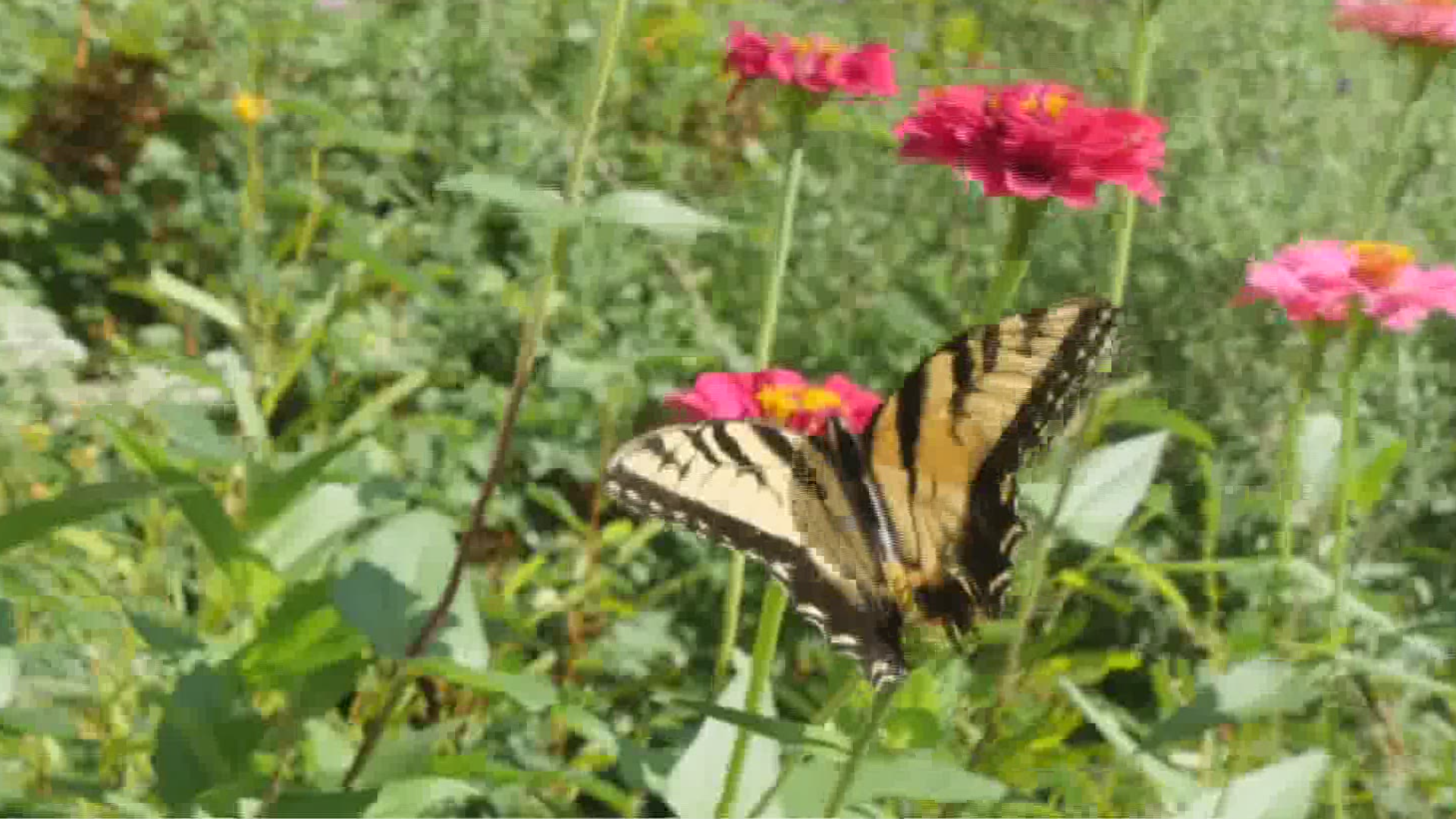LANCASTER COUNTY, Pa. — Block by block, neighborhood by neighborhood, the Lancaster Conservancy is committed to creating a sustainable and wildlife-friendly community.
Fritz Schroeder, Senior VP of Community Impact at the Lancaster Conservancy says, “We’re the first county in the state of Pennsylvania, but it’s also really the start right?”
Lancaster County got the official word this week that it is now certified as a Community Wildlife Habitat, making it the first county in our state to receive this designation.
“Just because we’ve achieved this, doesn’t mean we’ve accomplished our goals. In fact, we’ve got a lot of work to do," Schroeder explains.
The Lancaster Conservancy launched the community wildlife initiative a few years ago, led by a group of volunteers who encourage planting native plants, trees, and gardens that reduce stormwater runoff while providing habitat and food for wildlife and pollinators.
“The conservancy has a goal of engaging more people and taking action and more citizen science-oriented work," Schroeder says.
It’s no secret that the insect and bird populations in Lancaster County have been plummeting due to the loss of habitat. This initiative hopes to tackle problems that go beyond that.
Schroeder explains, “We know in Lancaster County that we have huge issues with our local streams and rivers and the amount of pollution we’re contributing to the Chesapeake Bay.”
The list of issues the Conservancy plans to tackle is long, but their message is clear.
Schroeder says, “The need is great. There is lots more that we can all do, and a lot of these steps are really simple – it’s what types of plants you put in your landscape, reducing your lawn size, thinking about how you mow your lawn differently. Some very simple steps can have a big large impact.”
This certification is just the beginning. The hope is that it will inspire more members of the community to take action.
“What you and I can do is look at our own landscapes and better figure out how to manage those in a sustainable fashion for the benefit of our local insect population, bird population, wildlife population and then for the benefit of clean water," Schroeder says.
Lancaster is committed to becoming a healthier, greener, and more wildlife-friendly county.

